10 facts about St. Patrick's Day that You didn't know
Categories: Holidays and Festivals
By Pictolic https://pictolic.com/article/10-facts-about-st-patricks-day-that-you-didnt-know.htmlToday, March 17, Ireland, and with it the whole world, is dressed in green and begins to celebrate an extraordinary, bright and, by the way, serious religious holiday. And this means that solemn parades will be held in many cities of the world, official buildings will be painted green, music will play and foamy beer will flow like a river.
St. Patrick's Day is loved and appreciated here, although many people do not know much about it. We have prepared for you a dozen interesting facts about this wonderful spring holiday.
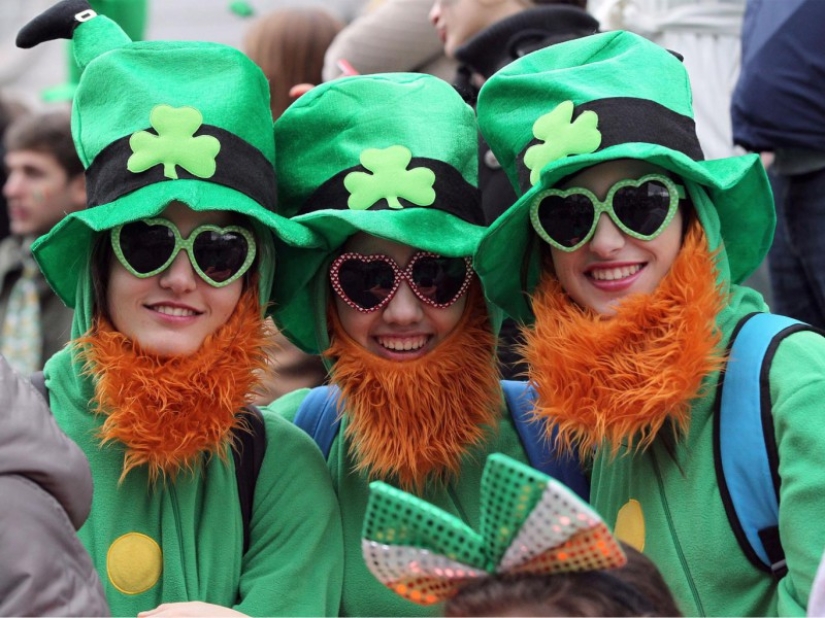
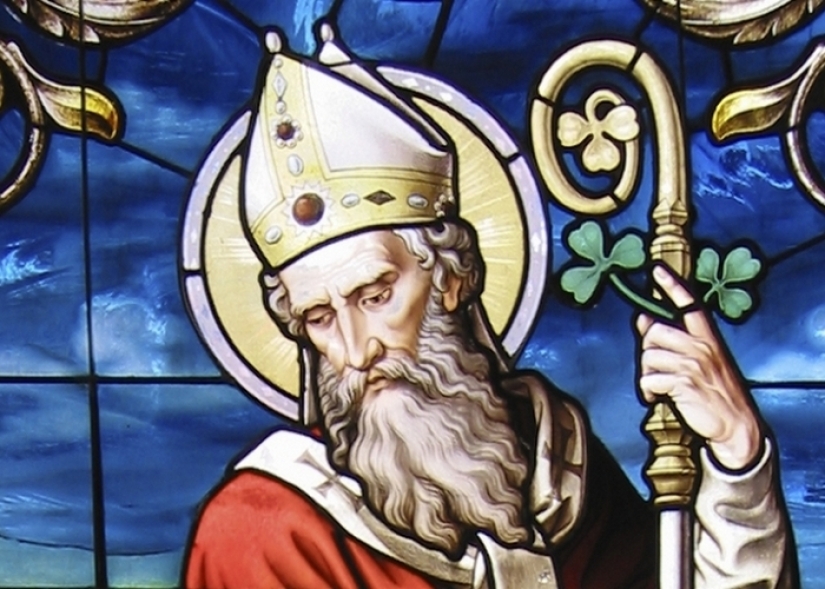
1. Saint Patrick, who lived in the IV-V centuries in England and Ireland, is considered the baptist and patron saint of Ireland. Less well known is the fact that St. Patrick is also considered the patron saint of Iceland and Nigeria, since Christianity was brought to these countries by Irish missionaries. At the same time, initially the color associated with St. Patrick was not green at all, but blue. In the few surviving images, the saint appears in blue robes.
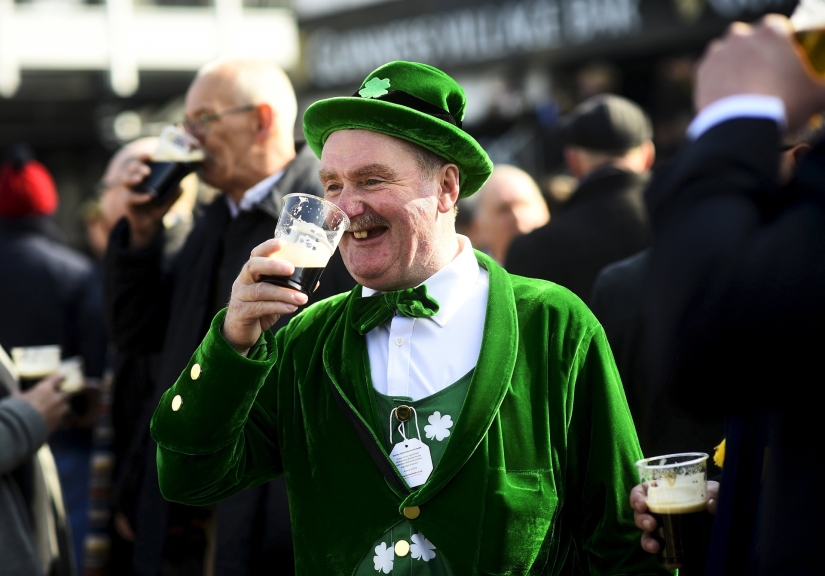
2. Together with Irish immigrants, St. Patrick's Day began its spread around the planet. In Ireland and Northern Ireland, in the USA, in the Canadian province of Newfoundland and Labrador, this holiday is a state holiday. It is also widely celebrated in countries where there is a large Irish diaspora. St. Patrick's Day today is not only a religious holiday, but also a kind of festival of Irish culture.
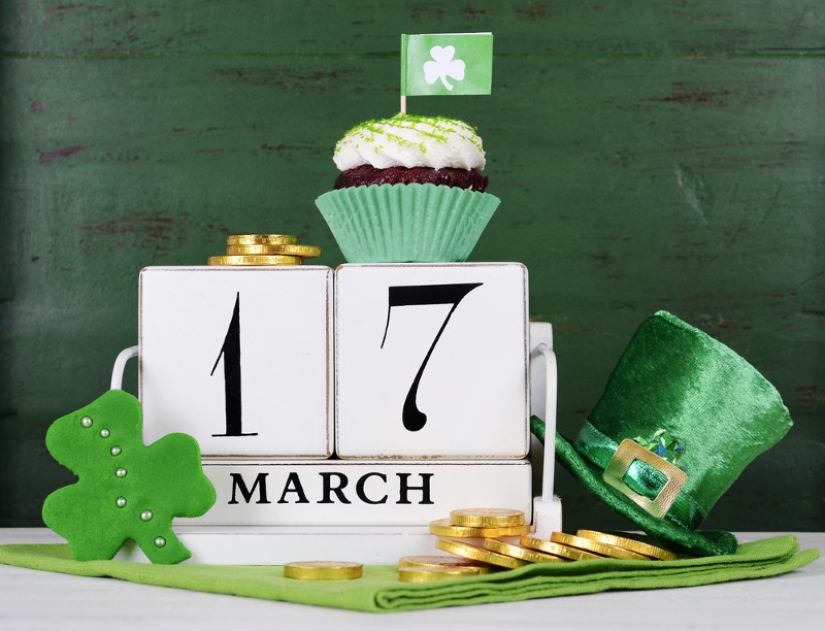
3. The symbol of the holiday is a three-leaf clover and green. There is a belief that during a sermon on the Holy Trinity, Patrick plucked a clover growing under his feet in order to clearly demonstrate to the audience the unity of God the Father, Jesus Christ and the Holy Spirit.
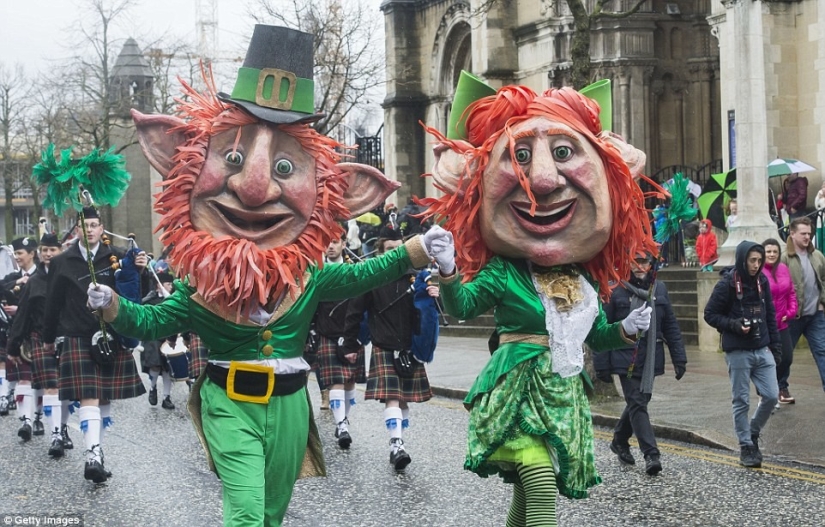
4. Leprechauns are also considered a symbol of the holiday — little mythical men who keep gold in pots, repair shoes for mythical creatures and fulfill wishes.
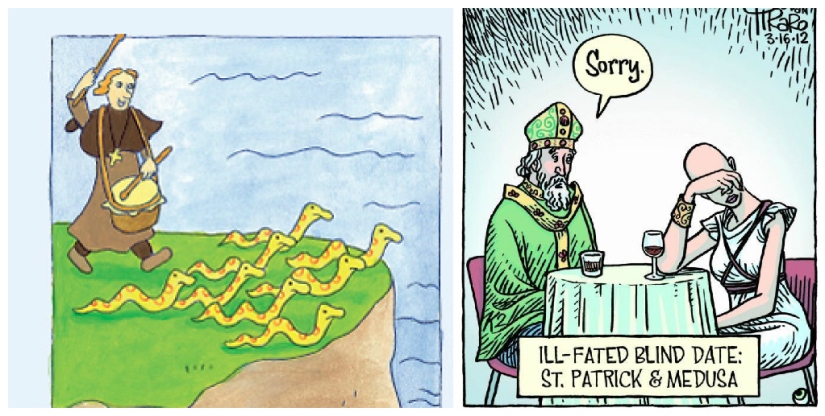
5. According to one of the legends, St. Patrick drove all the snakes out of Ireland. However, scientists claim that there were no snakes at all on the island, which is famous for its cold climate. And historians believe that the legend should be interpreted as an allegory: by snakes, most likely, pagan beliefs were meant.
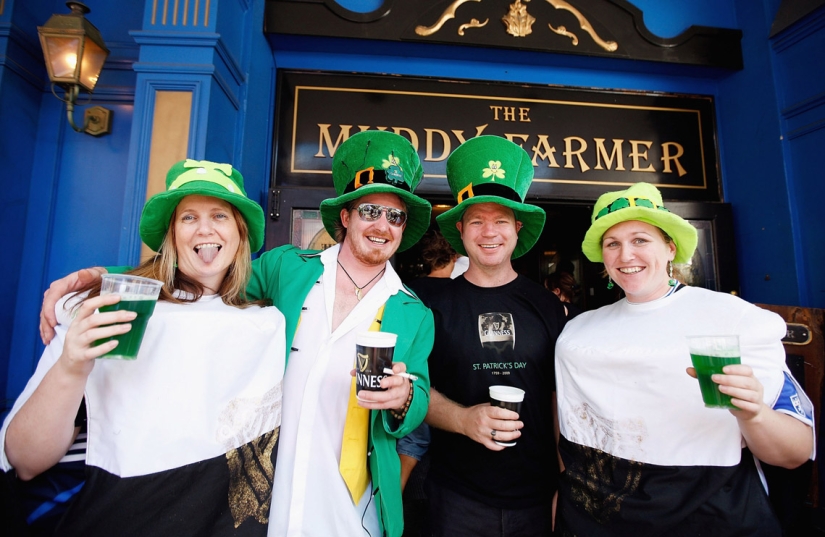
6. Just half a century ago, St. Patrick's Day was celebrated almost "dry". The holiday was considered strictly religious, and from 1903 to 1970, the law forbade pubs to work on March 17. The "beer" holiday became relatively recent, in the early 90s. Now, on this day, about 13 million pints of Guinness alone are drunk all over the world.
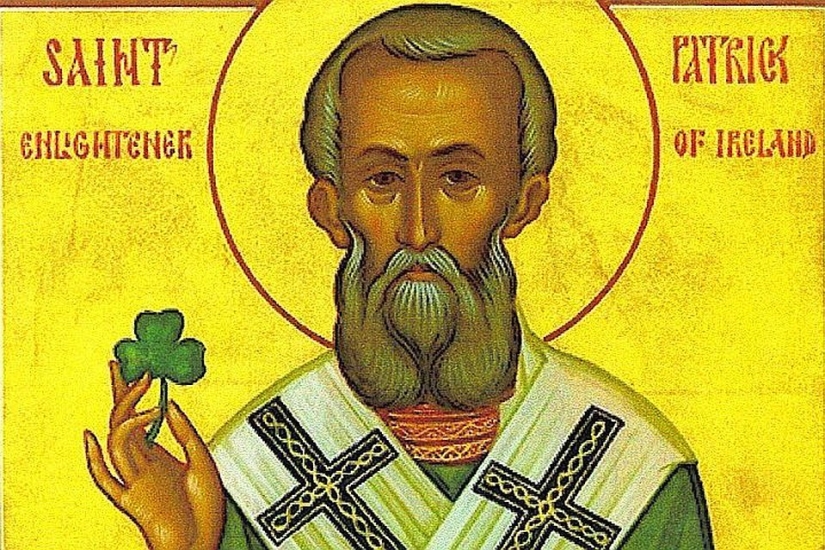
7. Last year, the Russian Orthodox Church included "St. Patrick, the Enlightener of Ireland," as well as some other Western saints who lived before the separation of the churches into Orthodox and Roman Catholic. This means that St. Patrick's Day is now in Russia, however, it is celebrated not on March 17, but on March 30, as well as Christmas, which according to Orthodox tradition is celebrated according to the Julian calendar.
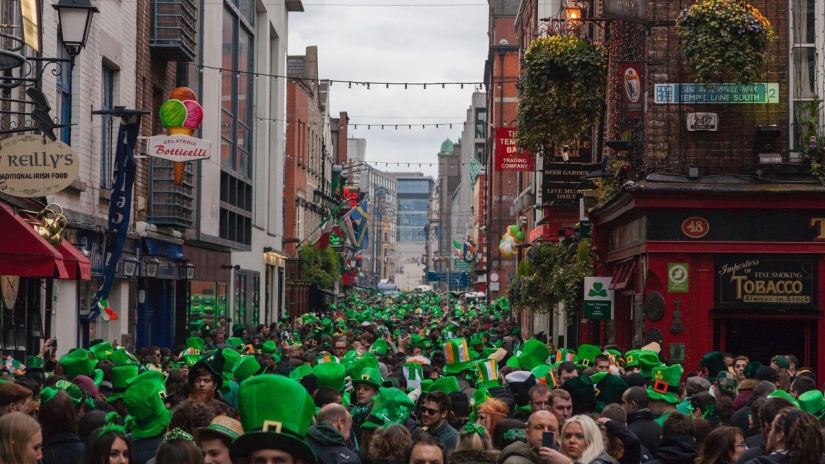
8. Today, in order to get to St. Patrick's Day in Ireland, you will have to try hard, because many tourists who have appreciated the Irish holiday, book their rooms for the event six months before the action itself.
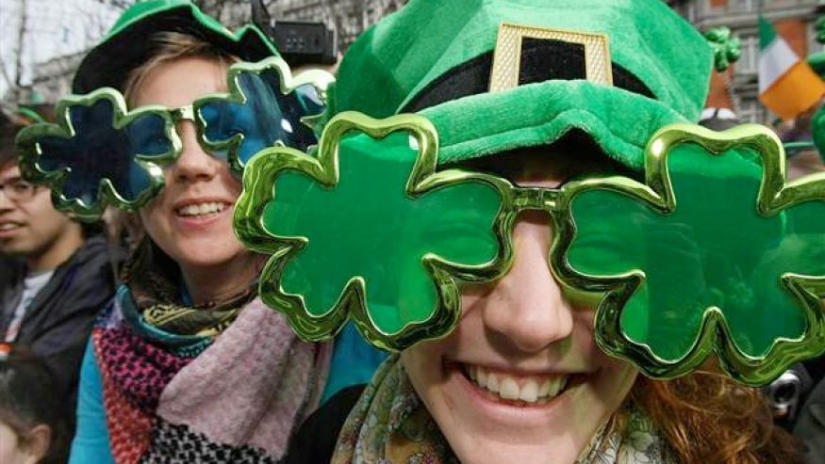
9. According to folk tradition, on this day it is customary to dress in green or attach a shamrock to clothes. This custom was first mentioned in 1689. Until this year, the Irish wore St. Patrick's crosses on their chests. Up until the XVIII century, the custom of wearing a shamrock was considered vulgar, but over time the tradition took root.
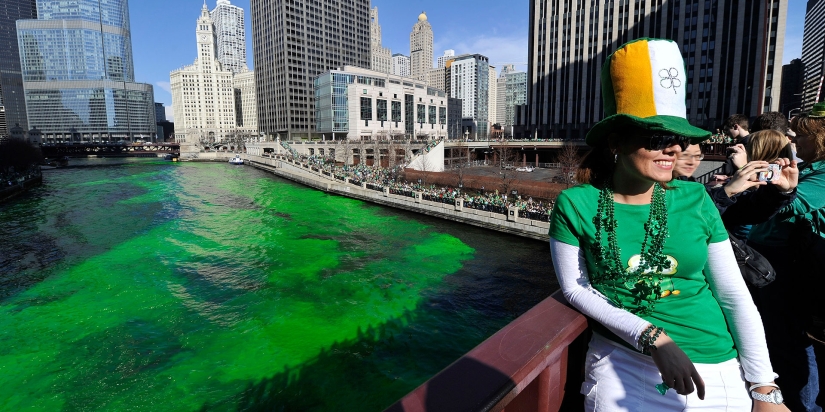
10. In the USA, the tradition of friendly pinching of those who are not dressed in green on March 17 was born. In addition, in many American cities there is a tradition to paint reservoirs green on St. Patrick's Day. It is believed that the beginning of the tradition was laid by workers who monitored the level of pollution of the Chicago River: they painted its waters with green vegetable dye in order to track illegal waste dumping.
Keywords: St. Patrick's Day | Ireland | Parade | Facts
Post News ArticleRecent articles

It's high time to admit that this whole hipster idea has gone too far. The concept has become so popular that even restaurants have ...

There is a perception that people only use 10% of their brain potential. But the heroes of our review, apparently, found a way to ...
Related articles

On the foggy morning of June 16, 2009, a resident of the Irish county of Sligo, Arthur Kinsell, came to the beach, near the village ...

Eternal travelers have to grow up early. Young gypsies make bright makeup since childhood, and boys try to smoke without even ...

The most high-flying military parades were held in the early 70s in India. On Independence Day, iron cars in tuning from folk ...

New Year's is a time to surprise and delight loved ones not only with gifts but also with a unique presentation of the holiday ...